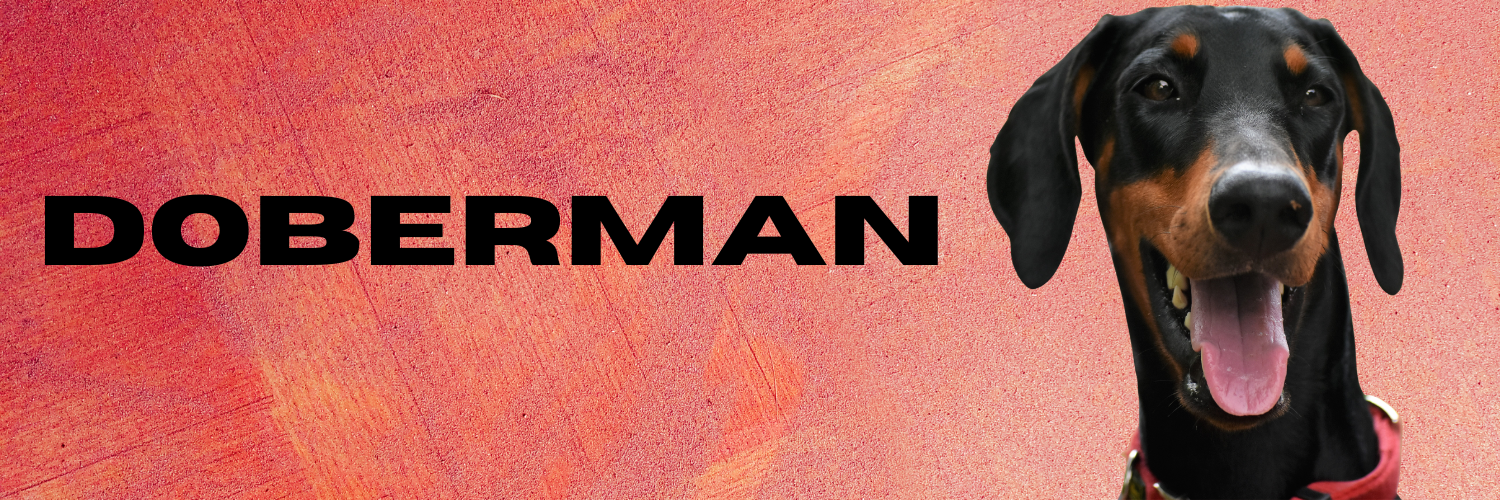
Doberman Dog: The Loyal and Fearless Guardian
The Doberman, also known as the Doberman Pinscher, is a breed that stands out for its intelligence, loyalty, and striking appearance. With their sleek, muscular bodies, alert expressions, and confident demeanor, Dobermans have earned a reputation as excellent guard dogs, devoted family companions, and versatile working dogs. Whether serving in the police force, military, or simply protecting their families at home, Dobermans are among the most respected dog breeds in the world.
Origin and History
The Doberman breed was developed in Germany during the late 19th century by a tax collector named Karl Friedrich Louis Dobermann. His aim was to create a loyal, protective dog that could accompany him during his dangerous rounds. By selectively breeding several dog breeds—including the Rottweiler, German Pinscher, Greyhound, and Weimaraner—Dobermann created the ideal watchdog: intelligent, powerful, and fearless.
The breed quickly gained popularity for its protective instincts and adaptability. Over time, the aggressive nature of early Dobermans was toned down through careful breeding, resulting in today’s more family-friendly yet still highly alert dogs.
Physical Characteristics
Dobermans are medium-to-large dogs with a noble and athletic appearance. Key features include:
Height: 24 to 28 inches at the shoulder
Weight: 60 to 100 pounds
Coat: Short, smooth, and glossy
Colors: Common colors include black, blue, red, and fawn, typically with rust-colored markings
Their streamlined bodies and graceful movements reflect speed, strength, and agility—making them not just beautiful to look at, but highly functional in work and sport.
Temperament and Personality
Dobermans are known for their intelligence, loyalty, and protective instincts. They form strong bonds with their families and are especially good with children when properly socialized. Key personality traits include:
Loyal: Dobermans are known to be “velcro dogs,” often staying close to their owners.
Fearless: Their courage and alertness make them excellent guard dogs.
Intelligent: They learn commands quickly and are highly trainable.
Energetic: This breed requires daily exercise to stay mentally and physically stimulated.
While they can be reserved with strangers, Dobermans are usually not aggressive without cause. With proper training and socialization, they are gentle, affectionate, and loving pets.
Training and Socialization
Training a Doberman is both rewarding and essential. Their intelligence allows them to pick up commands quickly, but their strong will means consistency and positive reinforcement are key. Early socialization is vital to help them become well-rounded and confident.
Obedience training, agility courses, and even advanced protection training can keep a Doberman challenged and happy. Mental stimulation is just as important as physical exercise for this intelligent breed.
Health and Care
Dobermans are generally healthy dogs, but like all breeds, they are prone to certain health conditions:
Dilated Cardiomyopathy (DCM): A serious heart condition common in the breed.
Hip Dysplasia: A hereditary condition affecting the hip joints.
Von Willebrand’s Disease: A blood clotting disorder.
Regular veterinary check-ups, a high-quality diet, and plenty of exercise help keep Dobermans in top condition. Their short coat is easy to maintain with weekly brushing and occasional baths.
Living with a Doberman
Dobermans thrive in homes where they are part of the family. They do best with active owners who can provide plenty of exercise and attention. Apartment living can be suitable if their energy needs are met through walks and playtime.
They are naturally protective, which makes them excellent watchdogs, but early socialization is essential to prevent overprotective behavior. With the right upbringing, a Doberman is both a loyal companion and a trustworthy guardian.
